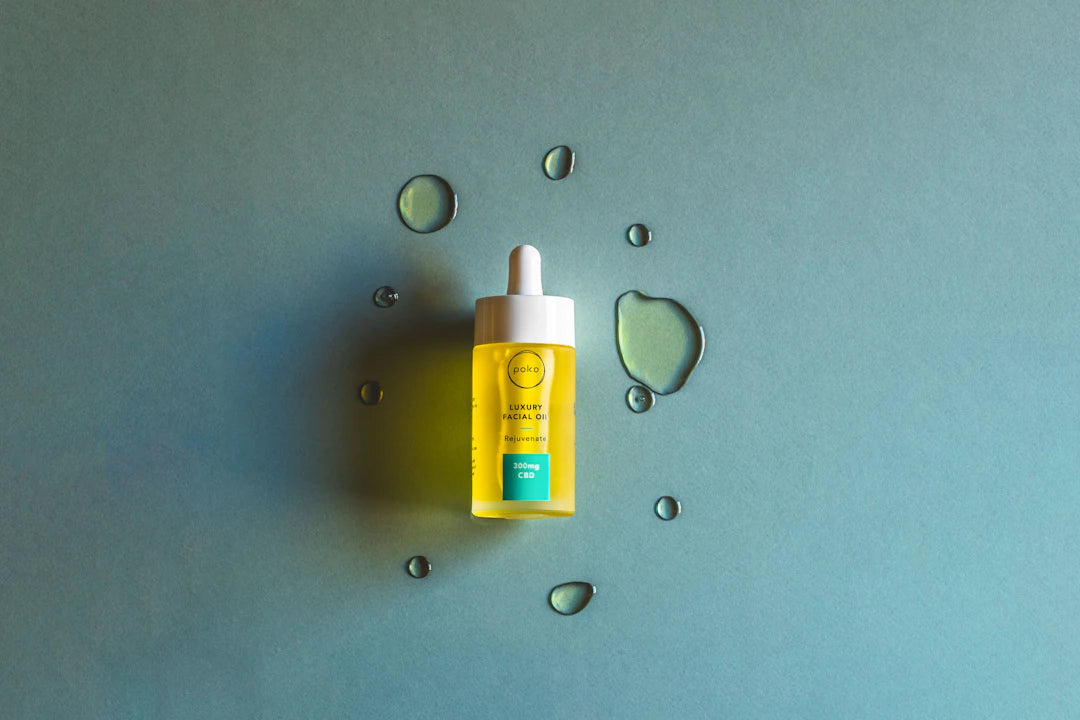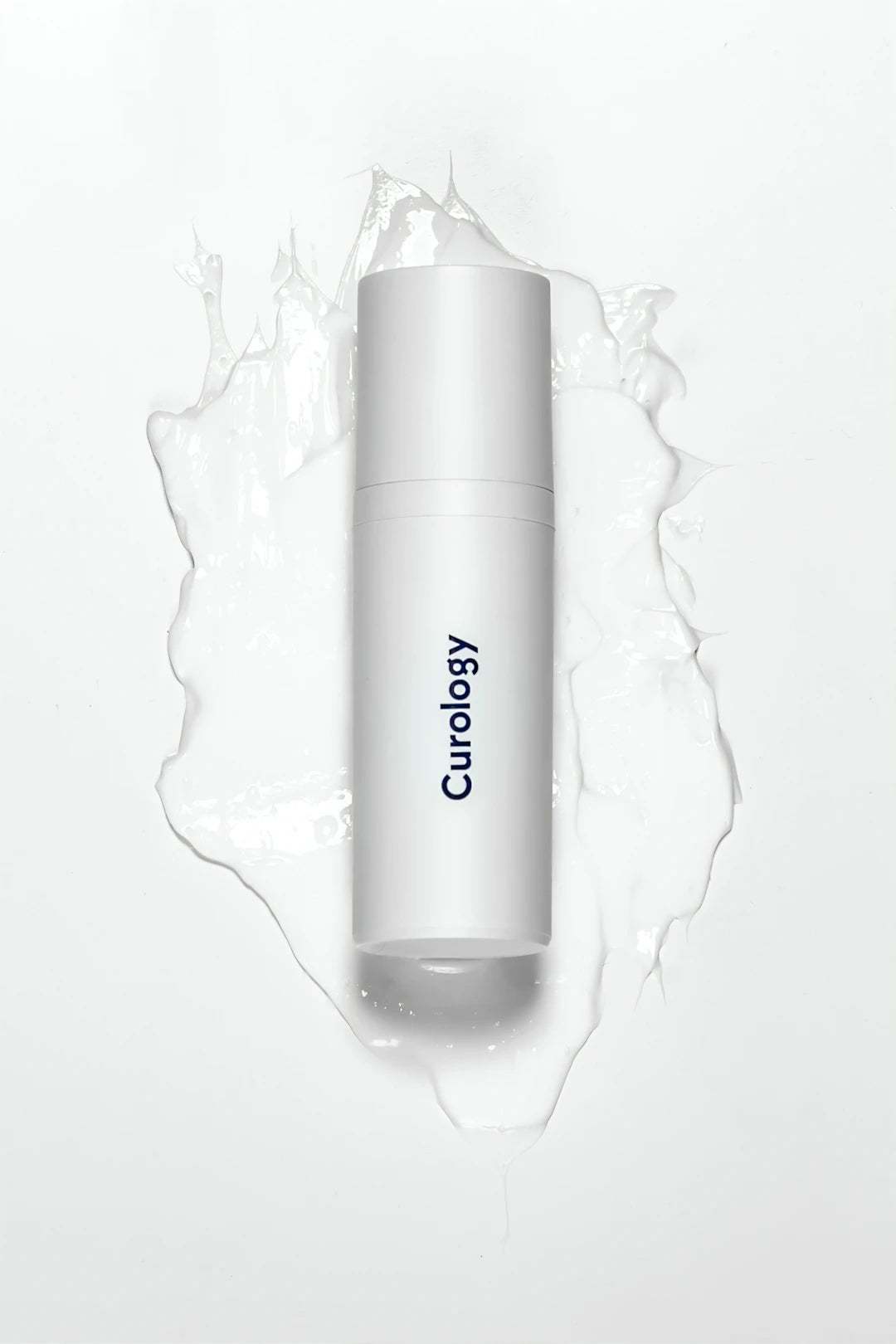Natural vs. Synthetic Ingredients: What You Need to Know for Optimal Skincare

When it comes to skincare, the ingredients matter more than you may realize. In recent years, the debate between natural and synthetic ingredients has gained a lot of traction among consumers looking for the perfect skin care routine. Whether you're searching for an effective neck firming treatment or an anti-aging solution that promises skin tightening benefits, understanding the distinctions between these two types of ingredients is crucial. This guide will help clarify the differences and benefits of natural versus synthetic ingredients, and how you can choose the best options for your skincare needs.
The Basics: Natural vs. Synthetic Ingredients
Before diving into the benefits and drawbacks of each type, it’s essential to define what we mean by "natural" and "synthetic".
Natural Ingredients
Natural ingredients are derived from plants and minerals found in nature. They include essential oils, botanical extracts, and other naturally occurring substances. For instance, ingredients like aloe vera, coconut oil, and shea butter are widely recognized for their hydrating and nourishing properties.
Synthetic Ingredients
Synthetic ingredients, on the other hand, are man-made compounds. Some are designed to mimic the functions of natural ingredients, while others are created to enhance stability, texture, or effectiveness. Common examples include silicones, parabens, and certain preservatives. Many skincare products contain synthetic ingredients because they can be more effective or offer longer shelf lives than their natural counterparts.
The Benefits of Natural Ingredients
Natural ingredients are often favored by those seeking cleaner beauty options. Here are some benefits of using natural ingredients in your skincare:
- Fewer Chemicals: Natural products often contain fewer harsh chemicals, which may be beneficial for sensitive skin types.
- Eco-Friendly: Many natural products are produced sustainably, making them more environmentally friendly.
- Rich in Nutrients: Natural ingredients are typically rich in vitamins, minerals, and antioxidants that can enhance your anti-aging efforts.
- Holistic Approach: Natural skincare promotes a healthier, more holistic approach, aligning with the growing trend towards wellness and mindfulness.
The Advantages of Synthetic Ingredients
While natural ingredients have their perks, synthetic ingredients also offer compelling benefits that shouldn't be overlooked:
- Stability and Shelf Life: Many synthetic compounds are designed to be stable over time, making products last longer and remain effective.
- Consistency: Synthetic formulations can provide uniform results, ensuring that every batch of your skincare product meets high-quality standards.
- Enhanced Performance: Some synthetic ingredients are specifically engineered to deliver better skin-tightening and anti-wrinkle results.
- Customizability: Scientists can create synthetic ingredients to address specific skincare concerns, offering targeted solutions.
Natural vs. Synthetic: The Safety Debate
One of the most contentious points in the natural versus synthetic ingredient debate is safety. While many consumers believe that natural ingredients are inherently safer, this is not always the case.
Natural Ingredient Safety
Natural does not always mean safe. Some natural ingredients can cause allergic reactions or irritations. For instance, essential oils can be potent and may lead to adverse reactions if used improperly. Always perform a patch test before introducing new ingredients into your skin care routine.
Synthetic Ingredient Safety
Similarly, synthetic ingredients often get a bad rap for being harmful. However, it's essential to recognize that many synthetic ingredients are extensively tested for safety. Regulatory bodies monitor their usage in skincare products to ensure they meet safety standards.
Finding the Right Balance
So, how do you choose the best ingredients for your skin? The key is to determine your individual skincare needs and objectives.
Know Your Skin Type
Identifying your skin type is crucial for selecting the right products. Oily, dry, combination, or sensitive skin may require different ingredients. People with oily skin may benefit more from certain synthetic ingredients that help control sebum production, while those with dry or sensitive skin might opt for more natural moisturizing agents.
Consider Your Skin Concerns
Your specific skin concerns should guide your ingredient choices. If you're looking for effective ways to address aging signs, both natural and synthetic options can be beneficial. Natural antioxidants like vitamin C can brighten and firm the skin, while synthetic ingredients such as retinol can dramatically improve skin texture and reduce the appearance of fine lines and wrinkles.
The Importance of a Tailored Skincare Regimen
Whether you choose natural or synthetic ingredients, the ultimate goal is to create a skin care routine tailored to your unique needs. Here’s how you can achieve this:
- Assess: Take time to assess your skin's condition, texture, and the specific issues you want to address.
- Educate: Learn about different ingredients and how they function. Not every natural ingredient will suit every skin type.
- Test: Consider starting with a few products at a time to see how your skin reacts.
- Consult: Don’t hesitate to consult a dermatologist or skincare professional for personalized recommendations.
Ingredient Labels: What to Look For
When shopping for skincare, it’s essential to read labels carefully. Look for products that clearly list both natural and synthetic ingredients, as this will provide insight into their formulation. Focus on understanding the role of each ingredient, especially when searching for targeted solutions like a neck firming treatment or anti-wrinkle serum.
Consumer Trends and Future Directions
The beauty industry is witnessing a shift towards more transparency and a focus on clean beauty. As consumers increasingly demand products with safe, effective ingredients, brands are adapting by offering better formulations that balance both natural and synthetic components.
The Rise of Hybrid Products
Many skincare brands are now opting to create hybrid products that combine the best aspects of both natural and synthetic ingredients. These innovative formulations aim to leverage the potency of synthetics while maintaining the gentleness and eco-friendliness of natural components.
Personalization in Skincare
The future of skincare lies in personalization. Many brands offer customizable products that allow you to choose ingredients based on your unique skin type and concerns. This level of customization ensures that your skincare routine is truly effective and beneficial.
Diving Deeper: A Personal Touch to Your Skincare Journey
Choosing between natural and synthetic ingredients can be complex and ultimately depends on your individual preferences and skin type. By understanding what each ingredient offers, being informed about safety, and seeking the right balance, you can create a skincare regimen that serves you well.
Remember, the most effective skincare routine is one that reflects your unique skin needs, concerns, and goals. Whether you find that you prefer the wholesome touch of natural ingredients, the reliability of synthetics, or a combination of both, the journey towards beautiful, youthful, and healthy skin is an exciting adventure worth embarking upon!
No matter where you fall in the natural vs. synthetic debate, exploring various options will help you discover what truly works for your skin. Take your skincare routine to the next level and embrace the ingredients that resonate with you for the radiant complexion you've always desired!


